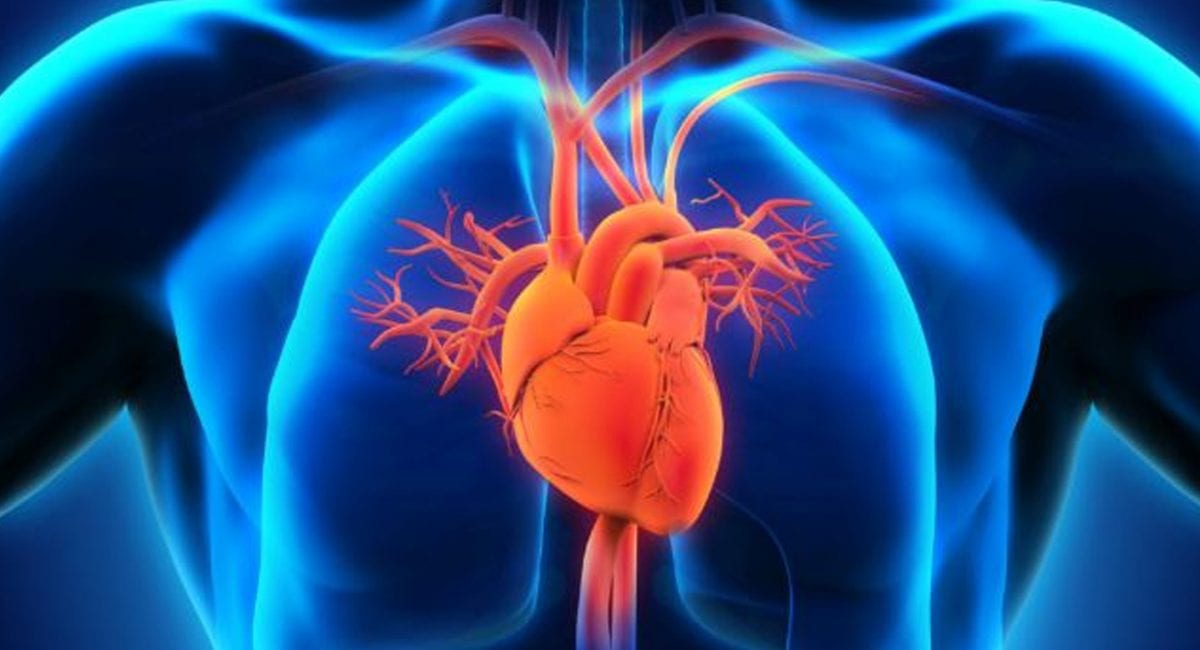Nothing kills faster than the inability of your vital organs to receive oxygenated blood, thanks to cardiovascular disease. Though most cardiovascular conditions will fail to show symptoms in their early stages, they are ticking time-bombs. Hudson, FL cardiologist Dr. Chadda specializes in vascular interventions including venous disorders and helps his patients lead fulfilling lives. The specialist and his team offer diagnostic testing on-site to ensure you receive personalized treatment for your life threatening cardiovascular conditions.
Cardiac care you are likely to receive at the facility include:
Peripheral Arterial Disease (PAD)
PAD is a circulatory condition affecting your arteries. The condition forces your blood vessels to narrow, reducing blood flow to your limbs, stomach, kidney, and hands. PAD results from atherosclerosis, the build-up of fatty materials inside your arteries.
You are not likely to have the symptoms when you have PAD. However, when the symptoms start showing, you might feel leg weakness and numbness. Contacting your doctor for help will help determine which treatment is best for you. Treatment options could include regular physical activity, diet changes, and medications. However, when the conservative options fail to respond, your doctor could recommend other complex procedures like lower extremity angioplasty and stenting.
Aneurysm
You are likely to have an aneurysm when your artery’s walls weaken and result in an extensive and abnormal bulge. Though an aneurysm is not serious, and you can live with it, the bulge could be a life threatening cardiovascular condition when it ruptures in its more severe stage. The bulge could either be on both sides of the blood vessel (fusiform aneurysm) or one side of your artery (saccular aneurysm). While an unruptured aneurysm might not force you to seek medical attention, you will need emergency surgery when it ruptures.
There are various types of aneurysms and your doctor will classify them depending on the location and type. An aneurysm appearing near your body’s surface could show signs of inflammation and swelling.
Stroke Prevention
A stroke happens when plaque build-up interferes with your brain’s blood supply, preventing your brain’s tissues from getting the nutrients and blood they deserve. The good news is, your doctor can greatly help you avoid having a stroke. The first recommendation will be to lower your risk factors and learn to manage your underlying conditions. The professional will also suggest you do regular exercises, eat healthily, and quit bad habits, such as taking too much alcohol and smoking. You should contact your doctor immediately when you start having signs like paralysis or numbness of your face, arms, legs, or trouble walking.
What Are the Various Life Threatening Cardiovascular Conditions You Are Likely to Suffer From?
Cardiovascular diseases (CVDs) are a group of ailments affecting your heart and blood vessels. They include:
- Coronary artery disease
- Venous insufficiency
- Heart valve disease
- Abdominal aortic aneurysm
- Cardiomyopathy
- Cerebrovascular disease
- Rheumatic heart disease
You will be at a high risk of developing cardiovascular disease if you start developing issues like high blood pressure and high glucose levels. However, your doctor could help you manage the condition with appropriate treatment.
Life threatening cardiovascular conditions should never ignore a symptom that indicates your blood vessels are not working efficiently. For more inquiries on cardiac care, contact the professionals or book an appointment today.








